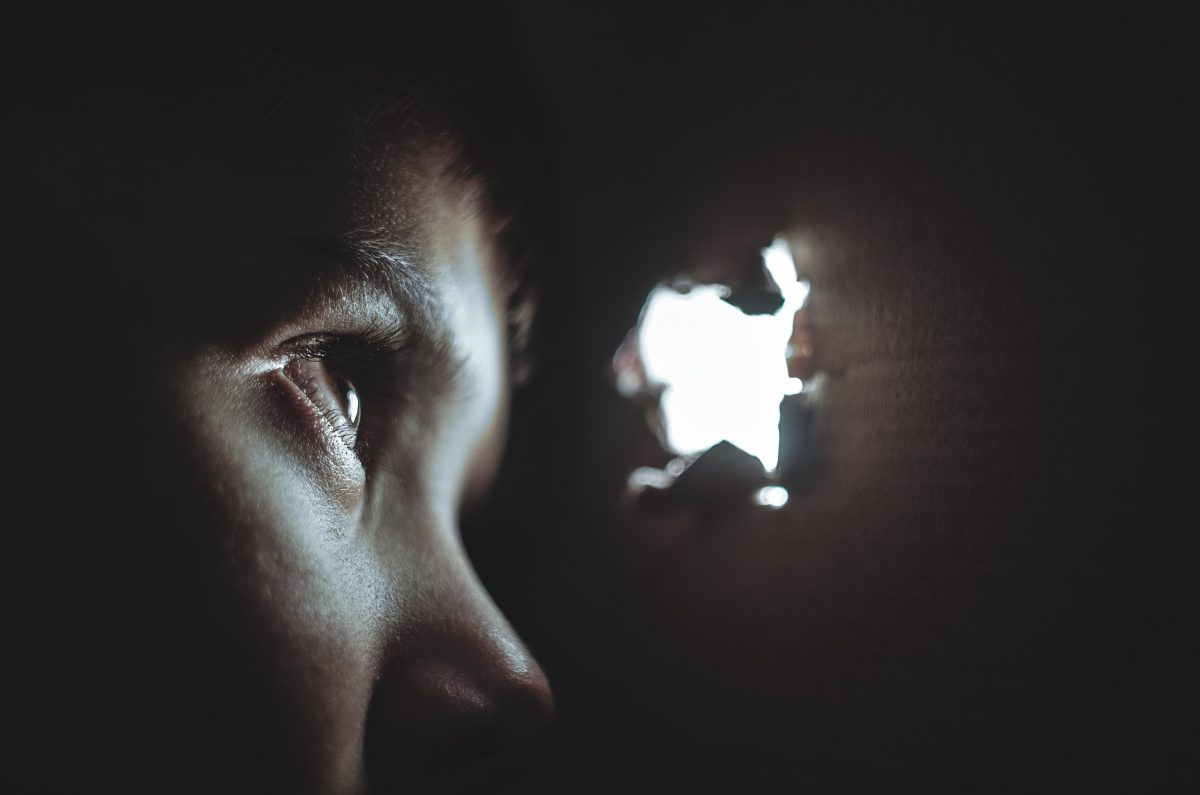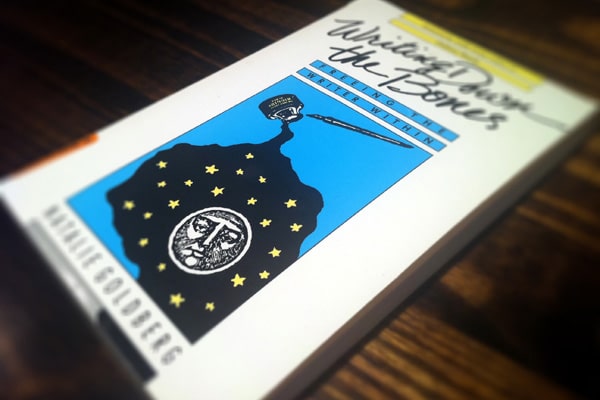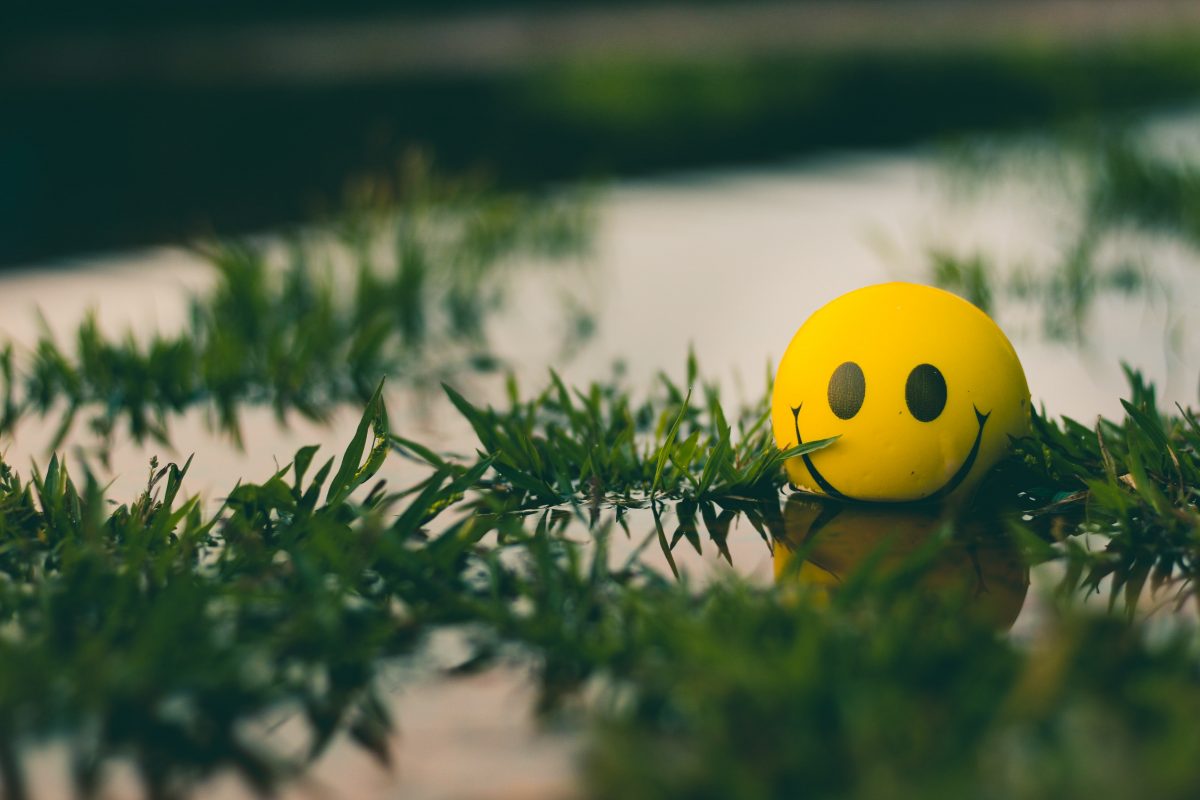Anxiety wrote this article. The culmination of stress, worry and doubt has always been difficult to encapsulate and express. The feeling is often too melancholy. I refuse to give in and remember writing remains the strongest outlet for the feelings and thoughts buried inside me. Today’s movement for mental health encourages me to share my experience. Anxiety is a normal response; humans naturally feel worried and doubt when faced with uncertainty. The modern age, however, brings new pressures, an overabundance of expectations, interactions and information that are all too difficult to restrain. I describe my experience, conversing through the first anxious responses to the deeper-seated anxiety found in social interactions. I then explore some means to managing anxiety. A paradoxical truth remains, more exposure to uncomfortable situations forms the primary means to overcoming fears and doubts. One may still desire an immediate prognosis which Action Commitment Learning offers through brief practical steps. The battle with anxiety may not be about eliminating such feelings entirely but managing how it affects us.
Read more




